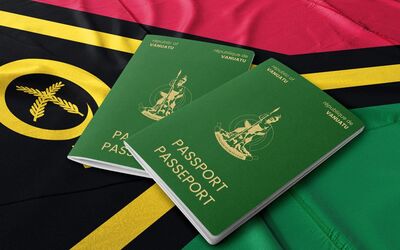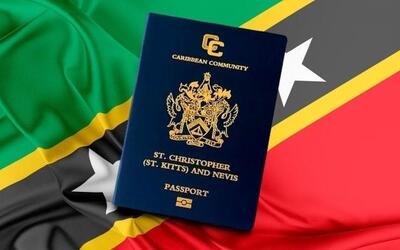The pandemic has shown that it is possible to work productively remotely, and that it is convenient for both employees and companies. People are not going to return to the office, and free choice of where to live and work has become a new value, based on which many decide whether or not to accept offers from a company. Those who are not prepared to give employees the opportunity to work from a country and climate that they like are less likely to attract highly qualified specialists. Many countries have decided to take advantage of the trend over the past year and launched special visas for digital nomads to attract wealthy remote workers. Among them are, for example, Portugal, Spain and Croatia.
These new visas, typically called digital nomad visas, have caused confusion among people who do not identify as digital nomads but have the ability to work remotely. Therefore, it is important to understand that so-called nomad visas are actually for anyone who can work remotely and earn income outside of the country in which they want to obtain a visa.
Understanding the differences between digital nomads, remote workers, and freelancers is important to know which visa type is right for you. Let's figure it out.
What is the difference?
The main point here is that all digital nomads are remote workers but not all remote workers are digital nomads. How so?
A digital nomad is a person who performs their job primarily using mobile technology, which allows them location independence. They change locations routinely, often living outside of their home province or state for long periods. In contrast, remote workers stay in a single location but work remotely. This makes all digital nomads remote workers, but not vice versa.
Digital nomads use mobile technology to have location independence and change their location frequently. Remote workers stay in a single location but work remotely
Freelancers are individuals who sell their services by the hour, day, month, or project to multiple clients rather than working full-time for a single company. As of the beginning of 2023, 78% of companies worldwide use freelancers. They may work from home, a coffee shop, or any location that suits them. Freelancers can be both remote workers and digital nomads, as they can perform their work from anywhere, and have the freedom to change locations regularly.
The distinction between digital nomads and remote workers is in their lifestyle. On the other hand, being a freelancer is a mode of employment, not a lifestyle.
Read also: Investing in a fund in Portugal | Everything you need to know before making a decision
Does it mean I can apply for digital nomad visas while not being a nomad?
In general, yes. Digital nomads often change places and therefore face specific challenges such as figuring out visas, taxes, accommodation booking, and cultural and language barriers. Visas for digital nomads are primarily aimed at making it easier for them to obtain legal status in the host country, they are processed quite quickly and that’s why they are named like this. Remote workers can enjoy a more stable lifestyle, but that doesn’t mean they can’t benefit from the same visas.
The possibility to apply depends on your income source and your ability to work remotely, and not on your lifestyle. To be eligible for the digital nomad visas your income has to be generated from abroad. You can make income as a freelancer or corporate worker, or business owner – it doesn’t matter as long as it comes from a country different from the one you are applying the visa for.
Digital nomad visas are actually visas for remote workers who have the flexibility to work from anywhere, rather than visas specifically for digital nomads
The focus is on attracting talented professionals who can contribute to the local economy and culture while enjoying the freedom and flexibility of remote work. So, while digital nomads may have been the original target for these visas, they are in fact available to a wide range of remote workers and freelancers who meet the specific requirements set by each country.
The rise of digital nomad visas marks a new era in global work and travel, providing individuals with more flexibility and freedom in choosing where and how they work.








